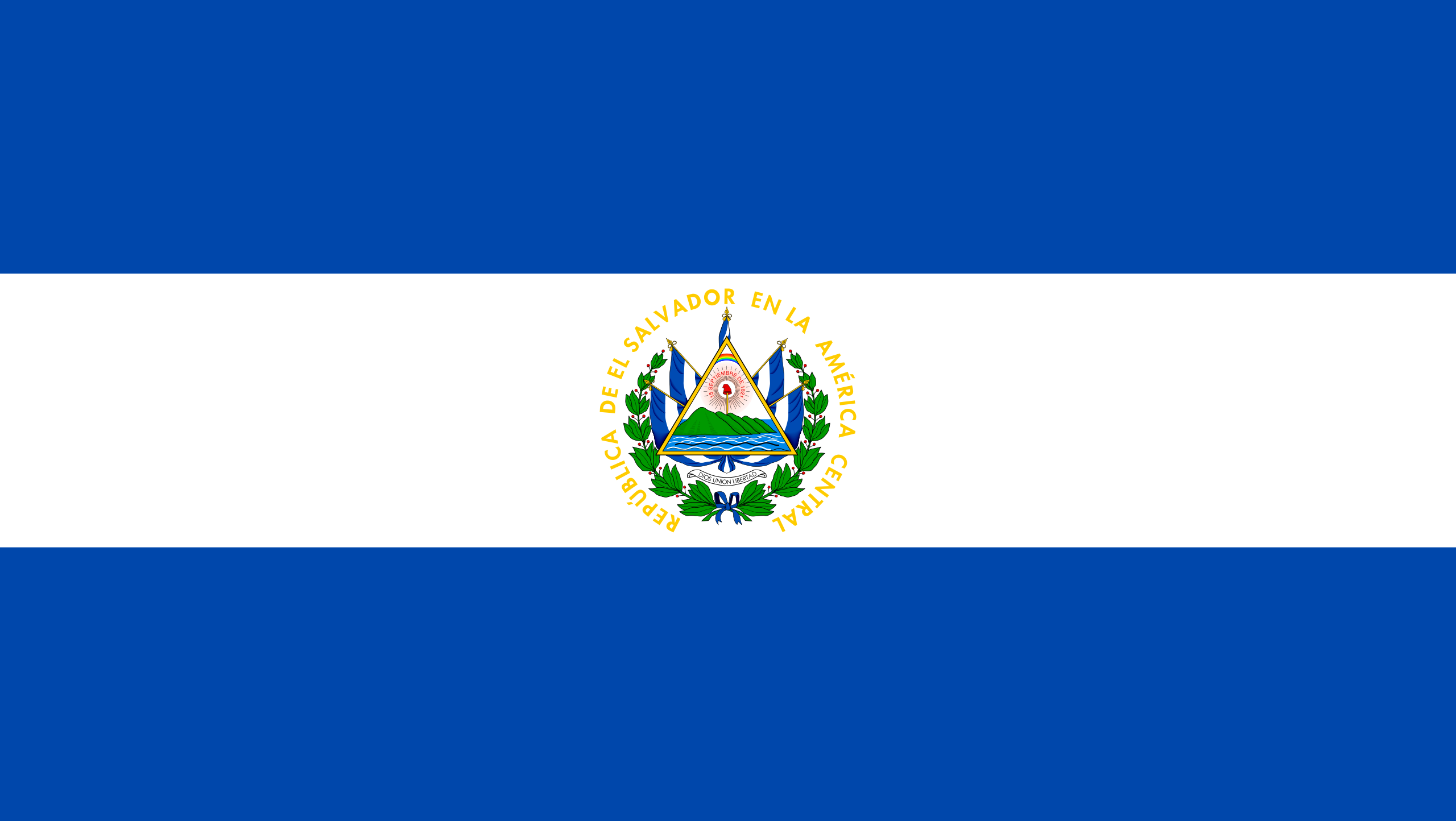The campesino families of Cooperativa Agropecuaria Los Laureles in the Bajo Aguá Valley (Tocoa Department) have been fighting for their land stolen by the agro-industrial company Dinant Corporation, owned by the family of the late land baron Miguel Facussé. They have been victims of forced evictions and their leaders have been falsely criminalied. Good news was delivered to them on March 15: 16 members of the cooperative received a court-ordered dismissal of criminal charges of land usurpation that had been filed by Dinant and the Public Ministry. One of the 16 was posthumously acquitted; José Omar Cruz Tomé, former president of the Los Laureles cooperative, was assassinated on January 18 (cf our letter 22 FEB 2023).
Then just ten days later, they suffered a tragic loss when one of their family members was brutally killed. Armed men shot 22-year-old Emerson Martínez 14 times in broad daylight, just one-half block from his home on March 25. The killing of Emerson Martínez could be a warning sign directed at his step-father Abraham León, who is the spokesperson and legal representative of the Los Laureles cooperative. The family of Emerson Martínez has reported in the last few months of being monitored by unknown men, as well as surveillance by mechanical drones.

